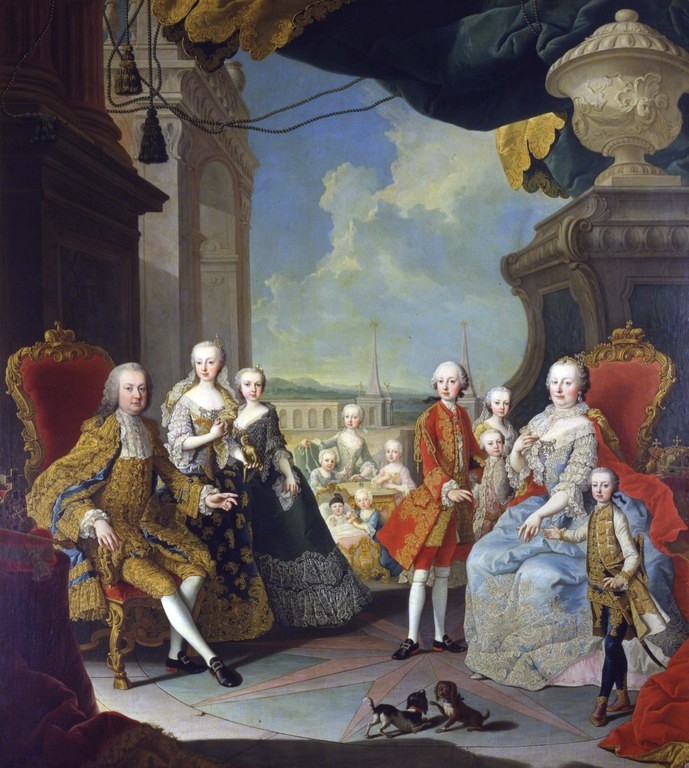Geschlecht als Leerstelle? Zur Verfassungsbeschwerde 1 BvR 2019/16 gegen die Versagung eines dritten Geschlechtseintrags
DOI:
https://doi.org/10.18156/eug-1-2017-art-7Abstract
Die beim Bundesverfassungsgericht anhängige Verfassungsbeschwerde 1 BvR 2019/16 betrifft im Kern die Frage, inwieweit in einer vom binären Geschlechtermodell ausgehenden Rechtsordnung auch Menschen außerhalb des binären Geschlechtercodes Berücksichtigung und Aufnahme finden müssen. In diesem Beitrag werden einige Bemerkungen zur Verfassungsbeschwerde in biologischer, juristischer und theologischer Hinsicht gemacht und Hintergründe, Verlauf und Argumente der Verfassungsbeschwerde nachgezeichnet. Es soll dargelegt werden, dass die gegenwärtige personenstandsrechtliche Regelung im Widerspruch zu dem in der Würde des Menschen begründeten und menschenrechtlich verbrieften Grundrecht aller Menschen auf geschlechtliche Selbstbestimmung steht und deshalb auch intergeschlechtlichen Menschen in unserer Rechtsordnung Selbstbestimmung zu ermöglichen und Sichtbarkeit zu verschaffen ist.The constitutional complaint 1 BvR 2019/16, which is pending with the Federal Constitutional Court, essentially raises the question of the extent to which people outside the binary gender code have to be taken into account and taken up in a legal system which is based on the binary gender model. In this article some remarks on the constitutional complaint are made in biological, juridical and theological terms and the background, course and argument of the constitutional complaint are traced. It is to be shown that the present regulation of civil status is contrary to the fundamental right of human beings of gender self-determination, which is founded on human dignity and human rights, and therefore also that there has to be the possibility of self-determination and visibility among intersex people in our legal system.
Downloads
Published
2017-07-27
Issue
Section
Artikel






